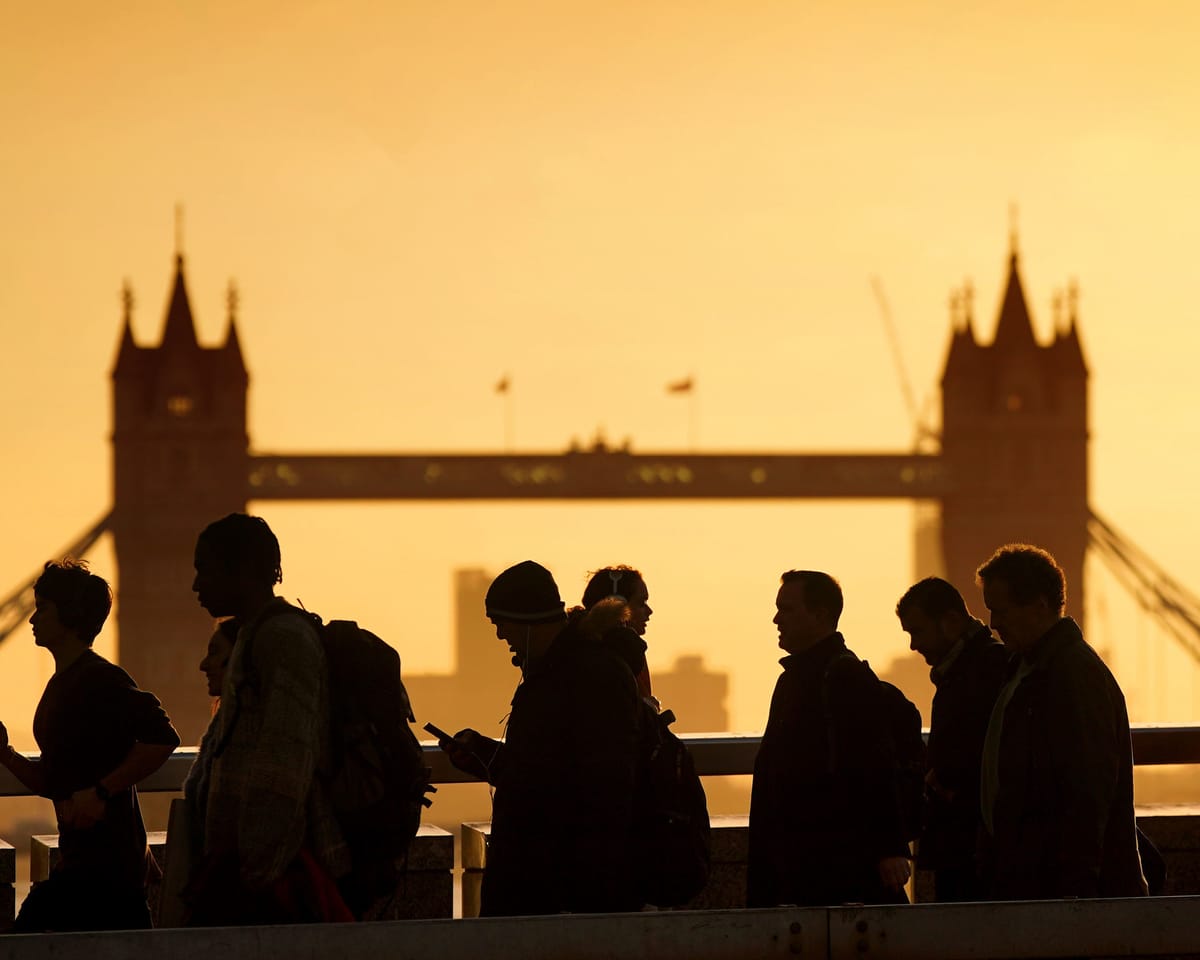UK firms are reducing their workforce at the quickest rate since February due to increased taxes and global instability linked to trade tensions, a key private sector survey reveals.
The preliminary S&P Global Purchasing Managers’ Index (PMI) for July indicated a drop in new orders, leading to job cuts and slower expansion.
The report stated: “Many respondents noted the necessity to scale back personnel because of rising employment costs and weaker consumer demand.”
This presents a challenge for the Bank of England, as ongoing inflation remains above target. Early data showed no growth in manufacturing, while the services sector saw declining sales.
Policymakers at the central bank will convene in two weeks and are widely anticipated to lower interest rates from 4.25% to 4% to bolster the sluggish economy.
Recent assessments suggest that additional payroll taxes and trade-related uncertainties have hindered economic activity. Official figures indicate a contraction in April and May.
The latest unemployment rate rose slightly to 4.7% in May, reaching a four-year high, as earnings growth slowed for the third month in a row and employers reduced hiring.
Despite this, inflation stands at 3.4%, exceeding the Bank’s 2% target, with expectations that price growth will not ease substantially until next year.
According to James Smith, an economist at ING, the survey results “capture the Bank of England’s current dilemma perfectly.”
The flash PMI, which tracks services and manufacturing, declined from 52 to 51 in July—a figure above 50 still signals growth.
The downturn was primarily driven by the services sector, which fell to 51.2 from 52.8, while manufacturing edged up to 50.
Smith noted: “The recent PMI highlights the impact of higher employment taxes and the significant rise in the minimum wage in April, leading to greater strain on staffing levels. However, these policy changes are also maintaining upward pressure on prices—evident in sectors like food, where inflation has risen more sharply than in Europe. Elevated labor costs may also explain persistent inflation in hospitality this spring.”
The PMI report noted that export sales declined for the ninth straight month, though the drop was the smallest since January.
Companies cited trade-related uncertainties and competition from firms affected by high tariffs as contributing factors.
Looking forward, businesses expressed optimism, anticipating calm in global markets, lower interest rates, and a possible rebound in household spending over the next year.
Read next

Ryanair plane had only six minutes of fuel upon Manchester landing, records show
Flight Narrowly Avoids Disaster After Storm Diversion
An inquiry has been launched after a Ryanair flight, struggling against severe winds during storm Amy last week, landed at Manchester Airport with only six minutes’ worth of fuel remaining.
The aircraft had been transporting passengers from Pisa, Italy, to Prestwick, Scotland, on

"Qantas customer data for 5 million exposed as hackers release info post-ransom deadline"
Hackers Leak Personal Data of 5 Million Qantas Customers on Dark Web
A cybercriminal group has released personal records of 5 million Qantas customers on the dark web after the airline did not meet their ransom demand.
The breach is part of a larger global incident affecting over 40 companies,

Investors flee record-high UK stocks as EU set to hike steel tariffs
Investors Withdraw Record Sums from Equity Funds Amid High Market Valuations
Data reveals that investors in the UK have withdrawn an unprecedented amount of money from equity funds over the past three months, driven by concerns over soaring stock market valuations.
According to the latest figures from Calastone, the largest

